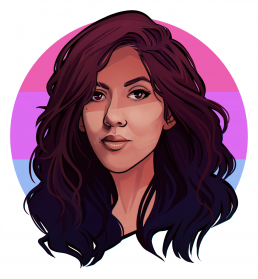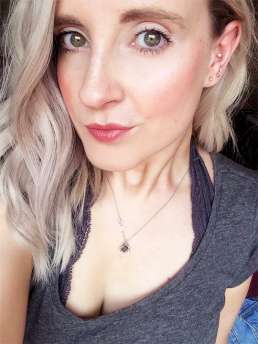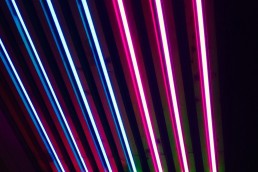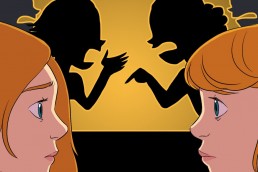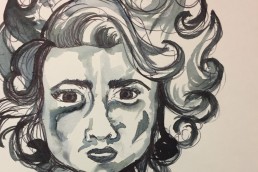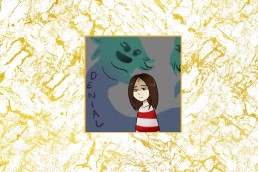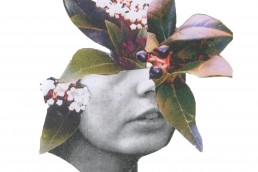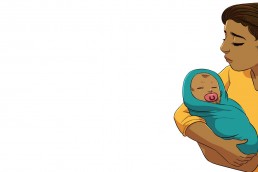by Remmy Fillip
Art by missjemmaart
Bi-erasure is a problem that too many members of the community face on a daily basis. Whether judging someone based on their sexual past or on their current dating situation, bisexuality is so often dismissed by trying to make people fit in one of seemingly just two clear-cut definitions. This is a persistent and damaging trend, alive and well even as I type.
We only have to look at some examples of well-known Hollywood figures to understand how bi-erasure works its way into the media then on, into public consciousness. Cynthia Nixon, known as Sex in The City’s Miranda and now running for office in New York, has become so sick of explaining she is not a lesbian but in fact bisexual that she has given up, utterly bored by the media’s determination to not identify her in a way that seems too nuanced and vague, not definite enough, or perhaps not polarising enough. On the opposite end of the scale, Angelina Jolie has had her sexuality washed over with the straight brush, especially given the Brad Pitt factor and the romantic, dream narrative that went along with his all-American good looks and their incredible family and philanthropy.
In fictional representations too, bi-erasure has sunk its roots deep, even though other sexual minorities are represented much better than in the past. Take, for example, Orange is the New Black: a TV show driven by female characters, introducing queer characters and relationships unapologetically, as a fact of life rather than to meet some pre-set diversity quotas (not to mention, giving us a sincere and positive portrayal of a trans character played by a trans actor). And yet, there is one word that the writers seem to be deathly afraid of, and that is “bisexual”. Piper Chapman, the protagonist, describes herself as being “on a spectrum — like a Kinsey scale”, and is alternatively called “lesbian” or “straight” by other characters according to whom she happens to be in a relationship with at the time. Piper is by no means the only one – other inmates, such as Soso and Lorna, are shown to be involved with both women and men, but still the word that might best describe them is mysteriously kept at bay.
In sharp contrast, the latest season of hit comedy series Brooklyn Nine-Nine, which devoted an entire arc to exploring a long overdue subject on our TV screens. In the ninth episode, taciturn, normally super-secretive Rosa Diaz utters the words we’d been waiting for: “I’m bi.” No euphemisms, no beating around the bush, just a frank statement of her identity in the simplest terms. The revelation is followed by a couple of episodes where her coming out takes centre stage: first to the squad, whose members are all supportive and considerate, then to her parents, who have a much harder time understanding. In this way, the arc encapsulates all the terrifying and ultimately liberating stages that the LGBT community still has to go through.
So, why does such representation matter? In the words of Stephanie Beatriz, who gives life to Rosa’s character and is bisexual herself, “if I had seen something like that when I was a kid, I wouldn’t have felt as strange or alone or weird or, in some cases, for me … perverted”
So, why does such representation matter? In the words of Stephanie Beatriz, who gives life to Rosa’s character and is bisexual herself, “if I had seen something like that when I was a kid, I wouldn’t have felt as strange or alone or weird or, in some cases, for me … perverted”. It’s crucial for mainstream media to offer positive role models for the young people watching at home, to help them understand what they’re feeling are not deviant urges to be fought and repressed, but rather a part of their life and identity that should be celebrated as such. Most importantly, it is vital to allow everyone, bi or not, to express their own identity, to listen to them and respect their choice of terms.
Remmy Fillip
Remmy Fillip is the founder of Celebrating Amazing Women, a blog that features daily posts on incredible women throughout history.
Jemma
Jemma is a hobbyist digital artist from the UK. She mostly draws portraits of her favourite characters from the TV shows and games she loves most, and she occasionally takes commissions.

